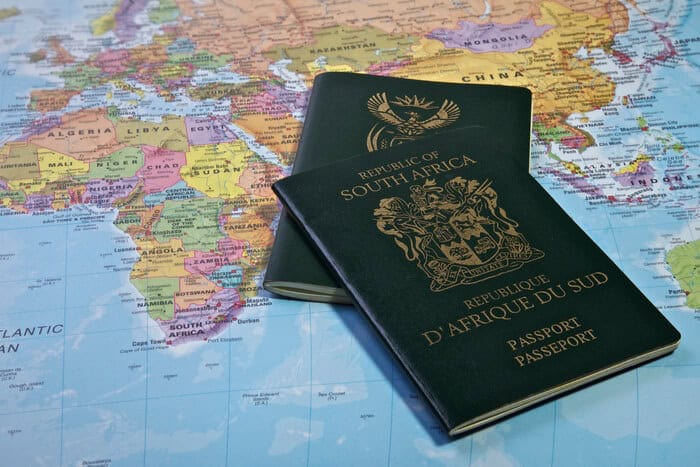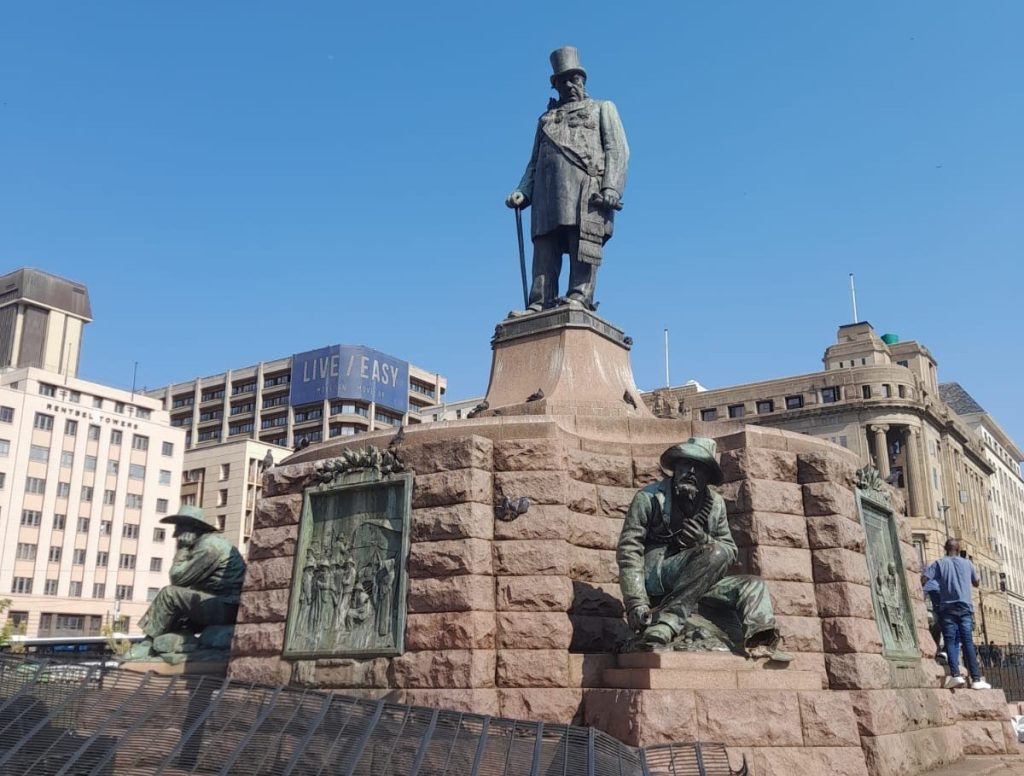Yes, it is possible to lose your South African citizenship
Citizenship probably is not a topic that one thinks about on a daily basis, but acquiring a new citizenship or renouncing an existing citizenship can be a particularly emotional experience, as one’s citizenship is closely linked to your identity.
South Africa’s Citizenship Act still dates back to the previous century, but determining exactly what a person’s citizenship status is, is not as easy as simply reading what the law states, as regulations issued over the years add requirements that do not appear in the act itself. The time at which a person’s status changed, also plays a major role in his or her current status, as the law and regulations that were in place at the time of the change, will determine what will apply to him or her.
One usually obtains citizenship of a country by birth, based on your descent (in other words, the citizenship of either or both of your parents or your grandparents), based on your spouse’s status, or if after a period of immigration, you qualify for it. This process is also known as naturalization. Each country has different requirements regarding these processes.
South Africa is one of the countries that allows one to have citizenship of more than one country simultaneously. Other countries are very strict and if you want to acquire their citizenship, you have to provide proof that you have renounced any other citizenships you may have had.
In the case of South Africa, there is no limit to the number of citizenships you may hold, BUT if you want to accept more citizenships than just your South African citizenship on the basis of your marriage or naturalization after immigration, you FIRST have to apply for the retention of South African citizenship and receive the permission in writing, BEFORE you accept the citizenship of the other country. This applies to every citizenship you qualify for. For example:
Piet was born in the USA, but his parents were South Africans at the time of his birth. They registered his birth in South Africa and on that basis he was also able to obtain South African citizenship in addition to the American status. After his studies, he obtained a work permit for England and after the required time, he was also able to qualify for British citizenship. He first had to apply for the retention of his South African citizenship and after receiving the written permission, he was able to accept British citizenship. He then married a citizen of New Zealand and moved there. After a number of years, he also qualified for citizenship of New Zealand, but he once again had to apply for the retention of South African citizenship before he could accept the fourth status.
If he had not done this every time, he would have lost his South African citizenship, regardless of whether citizenship is a right guaranteed in the Constitution. Many rights are guaranteed in the Constitution, but are also subject to obligations. This is a contentious issue, but whether you agree with the principle or not, this is the current status quo and you have to take note of it.
The fact that someone had not been aware of the requirement when the citizenship was lost, also will not be accepted as an excuse in terms of South African law ‒ the onus rests with the citizen to determine the consequences before another citizenship is acquired.
To apply for the retention of South African citizenship, you are required to be able to provide proof that you definitely qualify for the other country’s citizenship. Some countries issue letters to confirm this, but other countries not. In case of the latter, you can submit a copy of the country’s citizenship legislation as proof, including evidence such as copies proving for how long you have had a residence permit for the country, or your marriage certificate. Furthermore, you have to keep your South African passport valid for life and always use it to enter or leave the country ‒ this is required because the South African Revenue Service wants to know how many days per tax year you spend within the Republic for taxation purposes.
What does South African citizenship guarantee, apart from being able to enter the country easily without the need for residence permits? As has already been mentioned, citizenship always has tax implications, citizens get the right to participate in national elections abroad where possible and then also very importantly, if you lose your status, you deprive your children of the right to claim South African citizenship by descent.
You can have your citizenship reinstated, but it requires, among other things, that you have to provide proof of a fixed residential address in South Africa and clearly reside there permanently. It is a lengthy process and while it is dragging on, you need to be able to prove your status as a legal alien in the country and also overcome other inconveniences, such as the challenges of trying to open a bank account and obtain a South African driver’s license as a non-citizen.
If in doubt, read more about the issue at https://www.gov.za/en/services/permanent-residence/apply-sa-citizenship#, or contact Worldwide for more information. It remains easier to ask than to make a mistake and suddenly realize that you have lost your citizenship unintentionally.
Also remember that what we describe above, also with regard to the example of “Piet”, only refers to South African legislation and regulations. Each country has different obligations and requirements. If you are interested in acquiring another country’s citizenship, or have already accepted it, you always have to be aware of the requirements contained in the specific country’s citizenship legislation.
A number of years ago, the Netherlands amended its legislation regarding citizenship granted on the basis of descent and many people were forced to renounce their South African citizenship in order to retain Dutch citizenship. When another country requires the renunciation of South African citizenship, the process also takes place by means of an application that has to be submitted to the South African Department of Home Affairs. It is then important to mention in your application that the renunciation is done “under duress” (this is the specific wording which should be used) and not voluntarily, because if you would like to have your South African citizenship reinstated in future, it will help with the application for reinstatement. Another example in this regard:
Lynette married a German citizen and they moved to Germany. After a number of years, she obtained German citizenship and renounced her South African citizenship. She accepted that her future would be with her husband in Germany. They had two children, but then her husband died unexpectedly. She wanted to return to her support network of parents, siblings, family and friends in South Africa. Now, however, she first had to apply for proof of her and her children’s right to reside in South Africa, then for the reinstatement of her citizenship and only subsequent to her reinstatement, for her children to also become South African citizens who no longer would need any permit to enter the country, attend school and study here. This resulted in costs, long hours in queues at the Department of Home Affairs and nerve-wracking waiting periods between applications.
So, even though you may not think about citizenship on a daily basis, it is such an important issue that you cannot afford not to think of it at all!




















